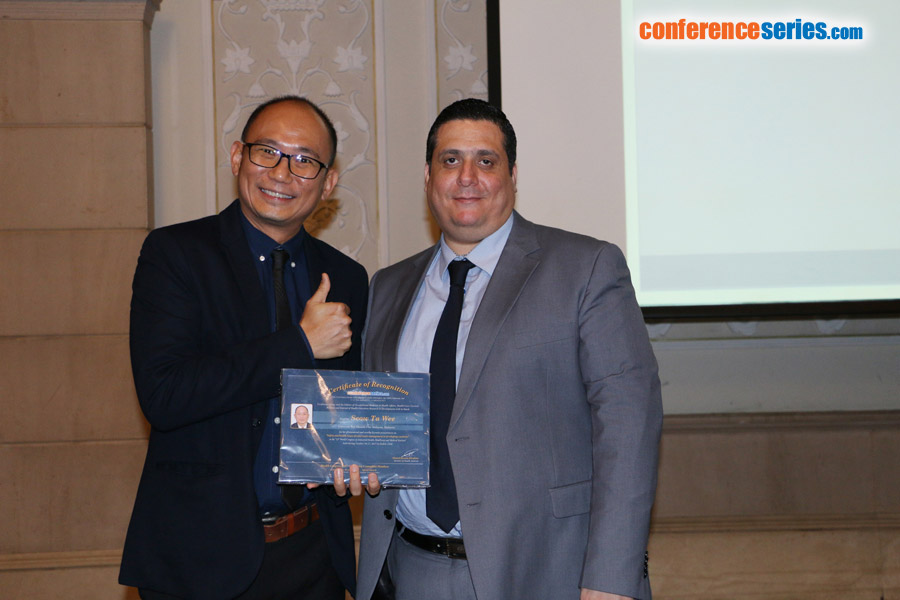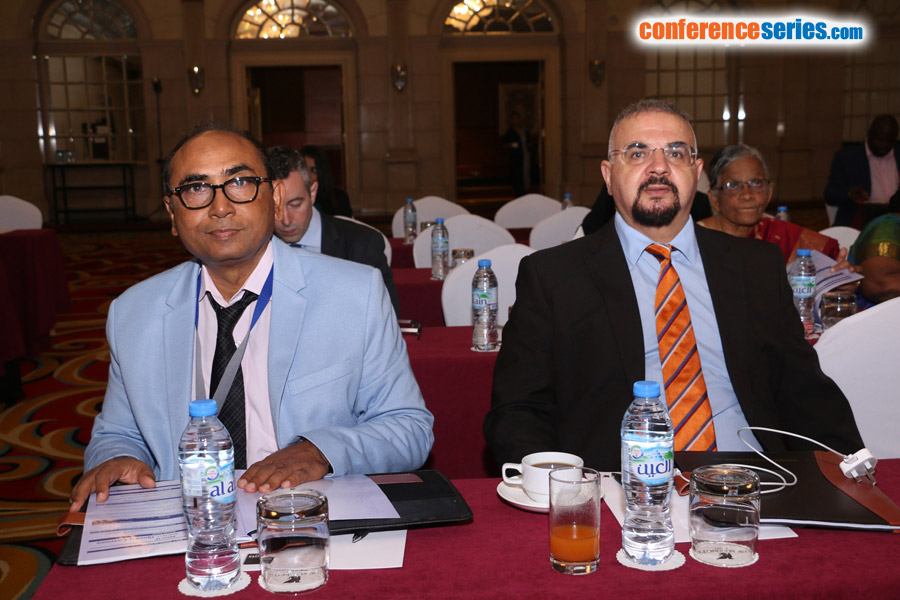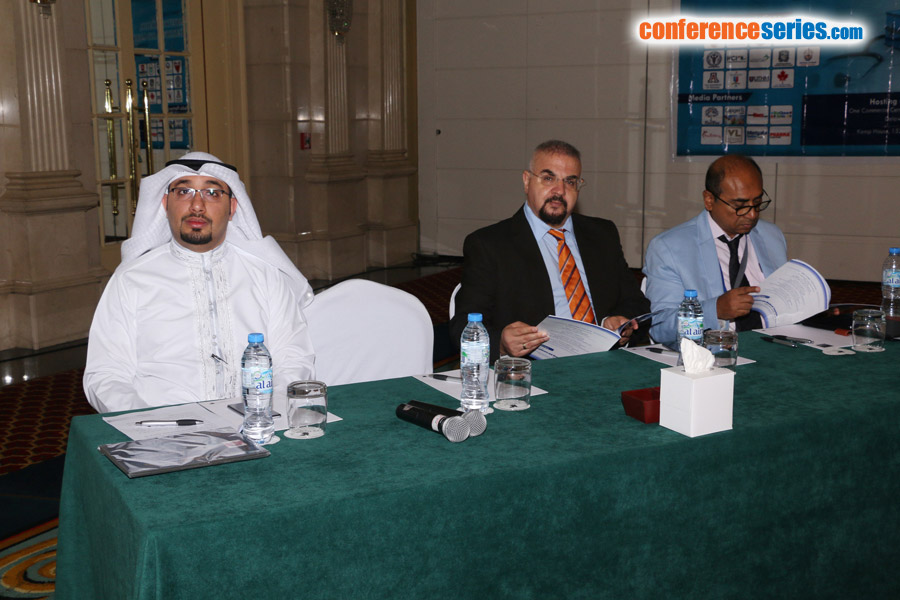
Seow Ta Wee
Universiti Tun Hussein Onn Malaysia, Malaysia
Title: Safety and health issues of solid waste management in developing countries
Biography
Biography: Seow Ta Wee
Abstract
All activities in solid waste management involve risk, either to the worker directly involved, or to the nearby resident. Risks occur at every step in the process, from the point where residents handle wastes in the home for collection or recycling, to the point of ultimate disposal. This paper discusses both occupational health risks to workers and environmental health risks to residents and workers. In developing countries, workers and waste pickers handling solid waste throughout the world are exposed to occupational health and accident risks related to the content of the materials they are handling, emissions from those materials, and the equipment being used. People living and working in the vicinity of solid waste processing and disposal facilities also are exposed to environmental health and accident risks. These risks relate to the emissions from the solid wastes, the pollution control measures used to manage these emissions, and the overall safety of the facility. As with occupational risks, these risks are being substantially managed in high-income countries, but are still largely unmanaged in most developing countries. In developing countries, the health-related underpinnings of solid waste management still need to be addressed. In developing countries, while the per capita quantities of wastes and labor costs are low, the costs of providing solid waste management (even at their current lower standard of operation) are not proportionately low. Equipment capital costs and fuel costs in low-income countries are comparable to those in high-income countries, and sometimes are higher because of importation costs and currency exchange variations. To overcome safety and health issues of solid waste management in developing countries, governance needed to have efficient planning for short term, long term and special program for waste picker toward sustainable development in solid waste management at national level.






